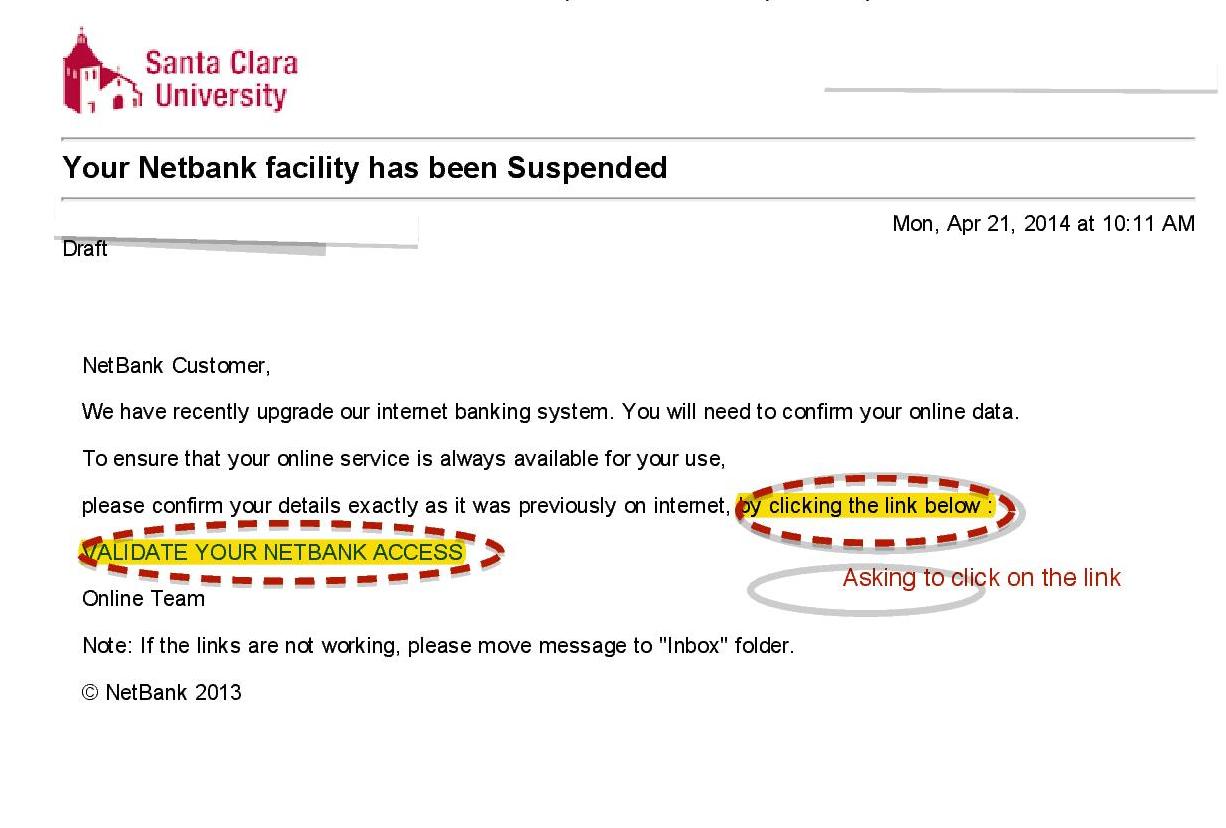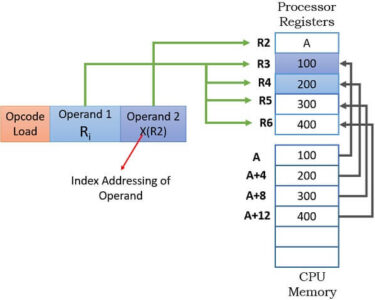
Phishing Scams: Beware of Email Scams for Bank Account Transaction Verification
Phishing scams are a common form of cybercrime where fraudsters attempt to obtain sensitive information, such as passwords, account numbers, and credit card details, by posing as a legitimate organization. One common type of phishing scam is the email phishing scam, where fraudsters send emails that appear to come from banks or other financial institutions.
How Email Phishing Scams Work
Email phishing scams typically involve emails that appear to come from banks or other financial institutions. These emails often claim that there has been suspicious activity on the recipient’s account, or that the recipient needs to verify a recent transaction. The emails typically contain links to fake websites that look similar to the real websites of the financial institutions. When the recipient clicks on the link, they are taken to the fake website, where they are asked to enter their personal information, account numbers, or passwords.
Risks of Email Phishing Scams
The main risk of email phishing scams is that they can lead to identity theft and financial loss. If fraudsters obtain access to your personal information, they can use it to make unauthorized transactions, open new accounts in your name, or even steal your identity.
How to Protect Yourself from Email Phishing Scams
There are several steps you can take to protect yourself from email phishing scams:
- Never click on links in unsolicited emails that claim to be from banks or other financial institutions.
- Be suspicious of emails that contain misspellings or grammatical errors.
- Look for inconsistencies between the email address of the sender and the organization that the email claims to be from.
- Hover over links to see if they actually lead to the websites of the financial institutions.
- Never enter your personal information or account numbers on a website that you are not sure of.
- Use strong passwords and change them regularly.
- Keep your antivirus and anti-malware software up to date.
Reporting Email Phishing Scams
If you receive an email phishing scam, you should report it to the financial institution that the email claims to be from. You should also report it to the Anti-Phishing Working Group (APWG), a non-profit organization that tracks and fights phishing scams.
Conclusion
Email phishing scams are a serious threat to your personal and financial security. By following the tips above, you can help protect yourself from these scams and keep your information safe.


